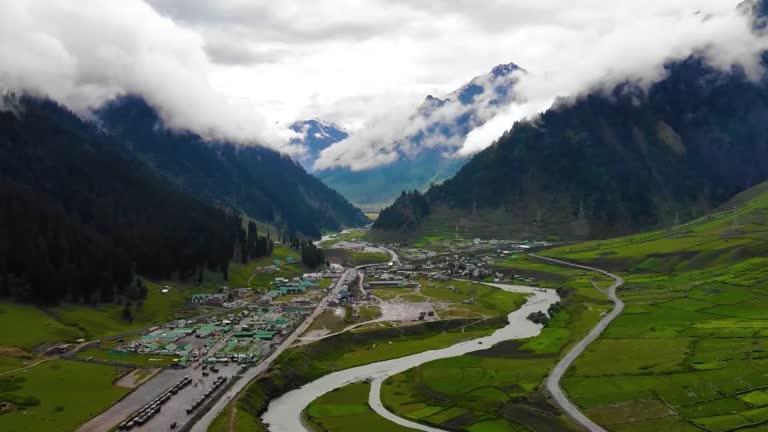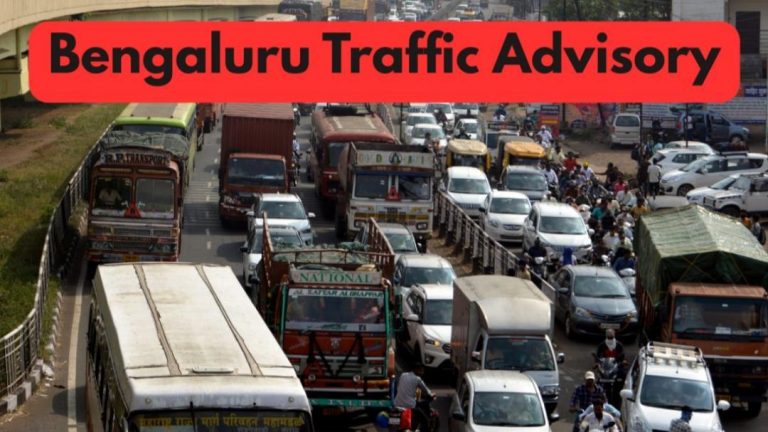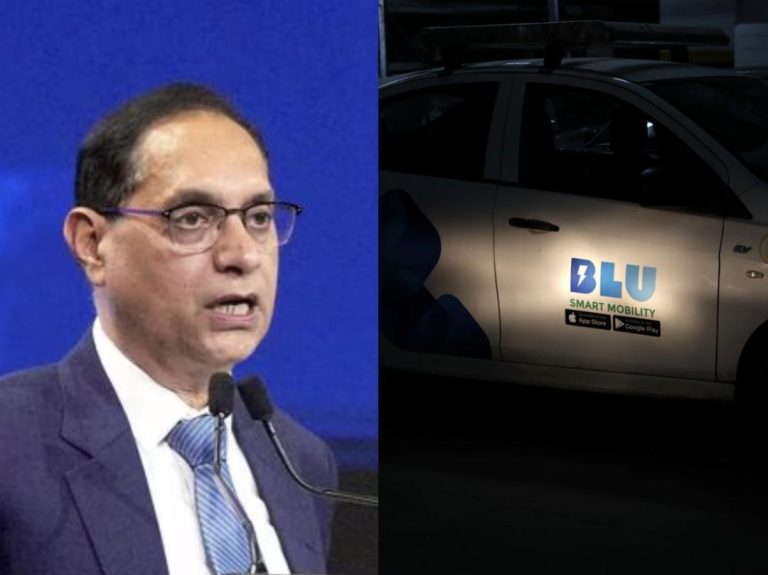
Over 83,000 non-state subjects received J&K domicile: State Govt
The issue of domicile certificates in Jammu and Kashmir has been a topic of much debate and controversy in recent times. While some have argued that the Jammu and Kashmir Domicile Certificate Rules, 2020, which were introduced by the Government of Jammu and Kashmir, are a necessary step to ensure that only bona fide residents of the union territory are granted benefits and opportunities, others have raised concerns about the potential impact on the region’s demographic makeup. In a recent revelation, the Jammu and Kashmir Revenue Department has announced that over 83,000 non-state subjects have received domicile certificates in the state in the last two years.
According to a written reply to PDP’s Waheed ur Rehman Para, the Jammu and Kashmir Revenue Department stated that 35,12,184 certificates were issued through the department in the last two years. This is a staggering number, and one that has significant implications for the state’s demographic makeup.
The Jammu and Kashmir Domicile Certificate Rules, 2020, were introduced by the Government of Jammu and Kashmir to ensure that only bona fide residents of the union territory are granted benefits and opportunities. The rules define a “domicile” as a person who is a permanent resident of Jammu and Kashmir, or a person who has been a resident of the state for at least 15 years.
Under the rules, domicile certificates are granted to individuals who meet the eligibility criteria, and can be used to access various benefits and opportunities, including government jobs, educational institutions, and healthcare facilities. The certificates are valid for a period of three years, and can be renewed upon expiration.
However, the introduction of the domicile certificate rules has been met with controversy, with many arguing that they are discriminatory and unfair. Critics have argued that the rules are designed to exclude certain individuals and communities from accessing benefits and opportunities, and that they are a challenge to the fundamental rights of citizens.
One of the main concerns raised by critics is that the domicile certificate rules are not clear and transparent, and that they are subject to arbitrary interpretation. For example, the rules do not clearly define what constitutes a “permanent resident” of Jammu and Kashmir, leaving room for subjective judgment and potential abuse.
Another concern is that the rules are discriminatory, and that they disproportionately affect certain communities. For example, the rules may exclude individuals who are not born in Jammu and Kashmir, or who do not have a family connection to the state. This could potentially affect individuals who have been living in the state for many years, but who are not born there.
Despite these concerns, the Government of Jammu and Kashmir has maintained that the domicile certificate rules are necessary to ensure that only bona fide residents of the state are granted benefits and opportunities. The government has argued that the rules are designed to prevent the erosion of the state’s demographic makeup, and to ensure that the state’s resources are used to benefit its own residents.
In conclusion, the revelation that over 83,000 non-state subjects have received domicile certificates in Jammu and Kashmir in the last two years is a significant development, and one that has significant implications for the state’s demographic makeup. While the domicile certificate rules were introduced to ensure that only bona fide residents of the state are granted benefits and opportunities, critics have raised concerns about the potential impact on the state’s demographic makeup, and the potential for discrimination and abuse.
As the state moves forward, it is essential that the government takes steps to address these concerns, and to ensure that the domicile certificate rules are transparent, clear, and fair. The government must also ensure that the rules are not discriminatory, and that they are applied in a fair and equitable manner.
Source:
https://thecsrjournal.in/non-state-subjects-received-domicile-certificates-last-two-years-jk-govt/






